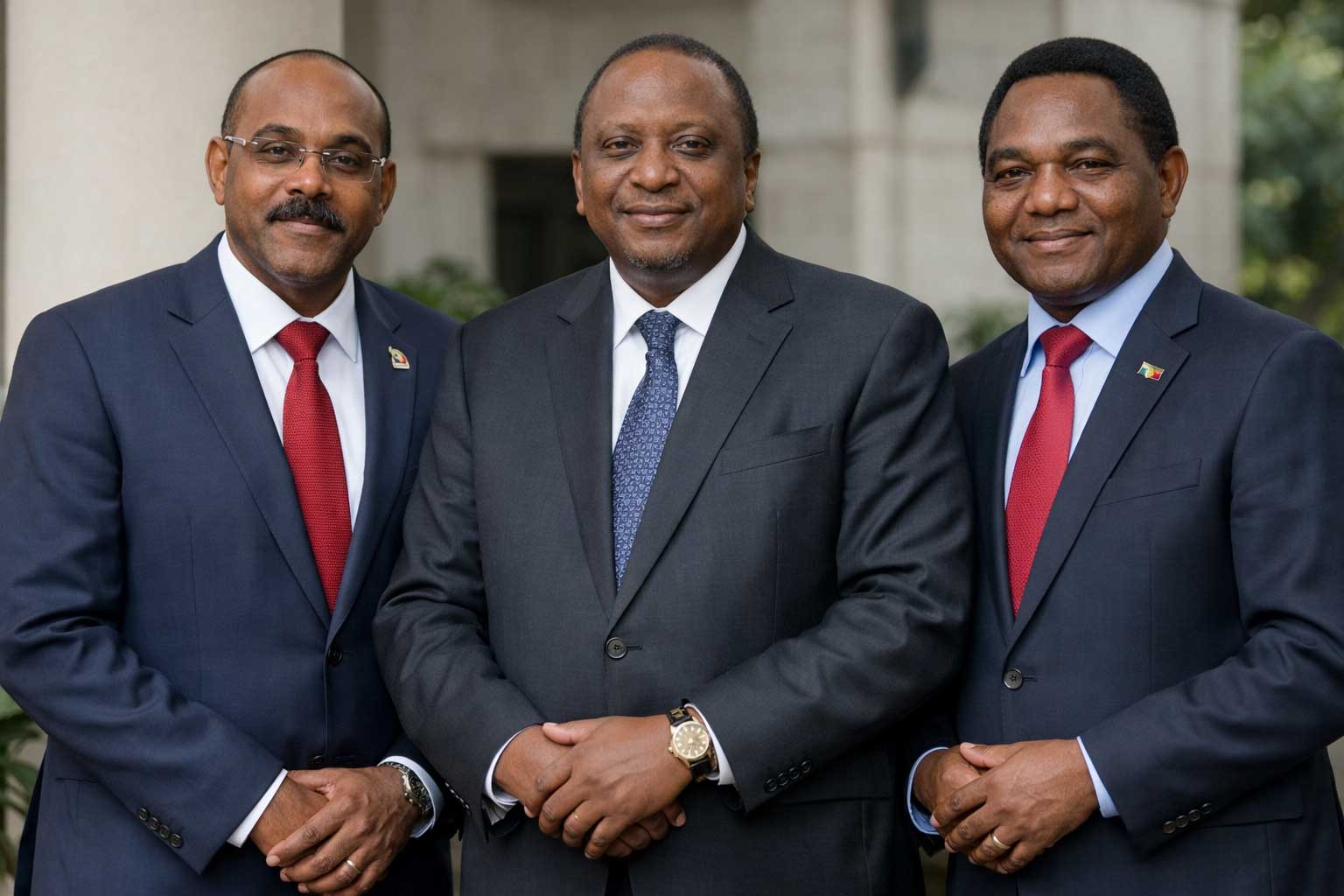The recent death of Zambia's former President Edgar Lungu has ignited a tumultuous debate over his burial, pitting the government against the grieving family and revealing deep-seated political divisions. Lungu passed away in South Africa two months ago while receiving treatment for an undisclosed illness, and the ensuing dispute over his remains has dominated public discourse.
A Pretoria court recently sided with the Zambian government, allowing Lungu's body to be repatriated for a state funeral. This ruling has been met with wild celebrations from some ruling party supporters, while the family expresses profound grief and frustration. Bertha Lungu, the former president's sister, reacted violently in court, expressing her anguish and contesting the decision. Her outburst reflects the family's strong opposition to the government's plans, particularly the involvement of current President Hakainde Hichilema.
The relationship between Lungu and Hichilema was fraught with animosity, stemming from Hichilema's imprisonment during Lungu’s presidency on charges that were eventually dropped. The Lungu family firmly believes Lungu would not have wanted Hichilema present at his burial, stating that they are determined to honor his final wishes.
As public discussions unfold, many Zambians are growing weary of this ongoing saga, preferring to focus on pressing economic issues. Yet, the debates surrounding Lungu’s death show no signs of abating, with various accusations, including witchcraft, complicating the dialogue.
Despite the government’s claim that Lungu deserves a dignified farewell, critics argue that their actions lack cultural consideration and heighten existing divisions. Historian Sishuwa Sishuwa insists that the government's insistence on a state funeral—even without family involvement—contradicts their claims of preserving dignity for the deceased.
The battle over Lungu's remains raises questions about the significance of cultural customs and family wishes in times of political strife. As tensions mount, the citizenry remains caught in a narrative that is becoming less about honoring a former leader and more about the broader implications for Zambia's political landscape. With court proceedings still pending, the question of whether Lungu's body will truly “come home” a dignified manner looms large over the nation.





















